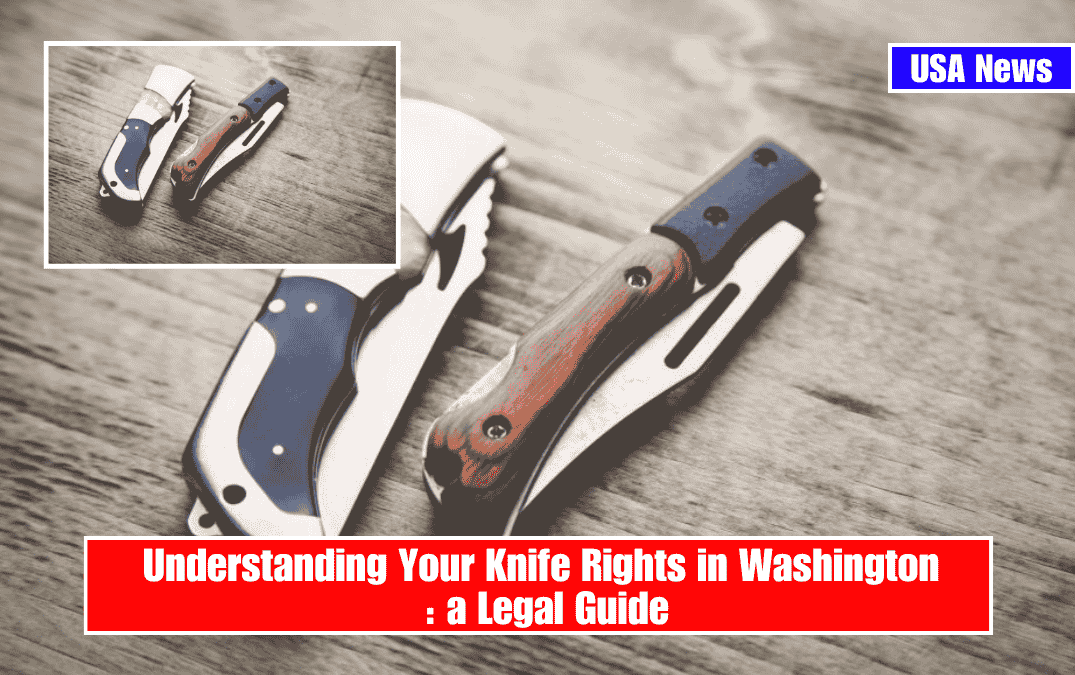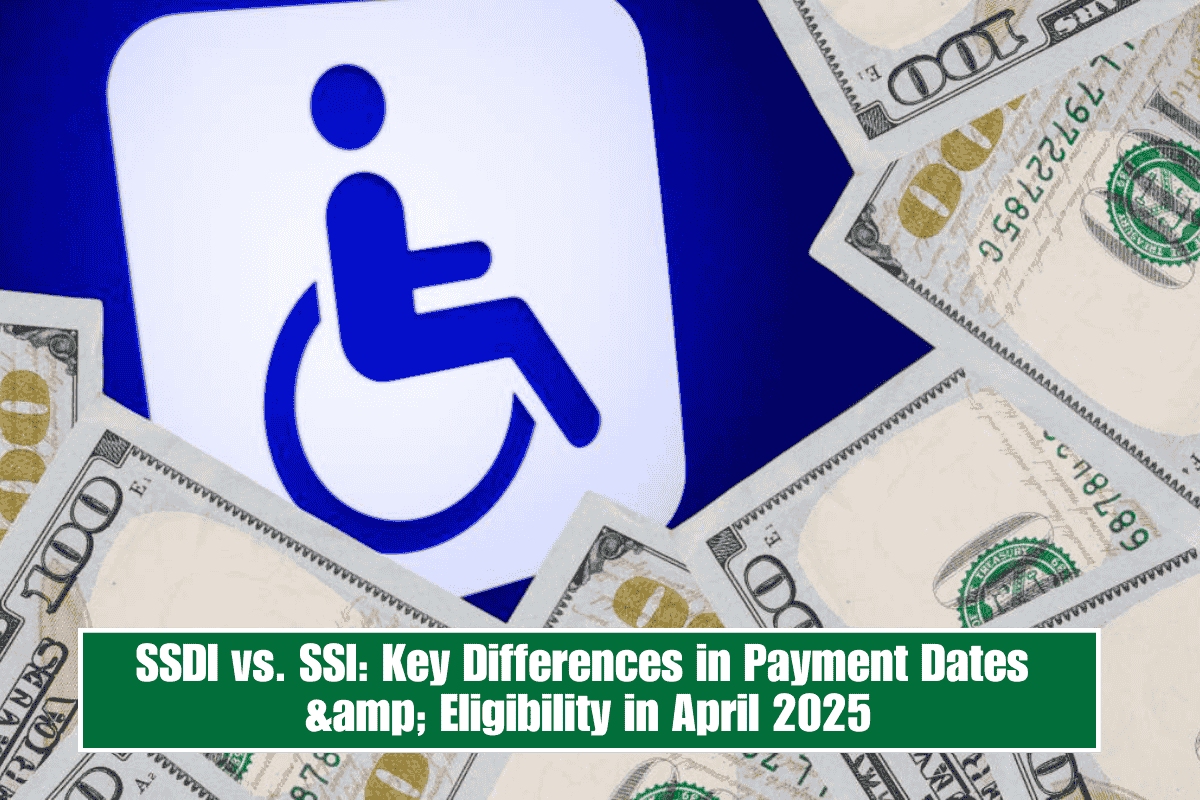Knife laws in Washington State are multifaceted, balancing individual rights with public safety. Understanding these regulations is crucial for knife owners to avoid legal issues while exercising their rights responsibly.
Legal Types of Knives
Washington permits the ownership and open carry of many types of knives, including:
- Bowie knives
- Dirks and daggers
- Stilettos
- Throwing stars
These knives are legal as long as they are carried openly and not displayed in a manner that alarms others.
However, certain knives are explicitly prohibited:
- Switchblades
- Gravity knives
- Butterfly knives (balisongs)
These knives are illegal to own, sell, or carry due to their automatic opening mechanisms.
Open Carry Regulations
Open carry is generally allowed statewide, but local ordinances may impose additional restrictions. For example:
- Openly carrying a knife that causes fear or alarm can lead to criminal charges under Washington’s dangerous weapons laws.
- Cities like Seattle may have stricter rules regarding knife visibility in public spaces.
Knife owners should ensure their blades are carried safely and responsibly to avoid alarming others. Consulting local law enforcement or legal counsel is advisable for clarity on specific rules.
Concealed Carry Restrictions
Washington has strict rules against concealed carry of knives:
- Concealing any knife considered a “dangerous weapon,” such as dirks, daggers, or blades longer than 3.5 inches, is generally prohibited.
- Exceptions exist for lawful activities such as hunting or fishing, where carrying concealed knives may be permitted.
Violating concealed carry laws can result in criminal penalties, emphasizing the importance of adhering to these restrictions.
Knife Laws for Minors
Minors can legally own knives in Washington but face limitations on carrying them:
- Minors cannot carry knives on school grounds or in other restricted areas.
- Local ordinances may further restrict minors from carrying dangerous weapons publicly without adult supervision.
Parents and guardians should educate minors about these laws to ensure compliance and safety.
Restricted Locations
Certain places prohibit carrying knives altogether, including:
- Schools: Zero-tolerance policies apply to all types of knives.
- Government facilities: Federal buildings and courts strictly ban knife possession under the Federal Facilities Protection Act.
- Public events: Large gatherings like parades or concerts often have no-knife policies to ensure public safety.
Knife owners must be mindful of these restrictions to avoid legal consequences.
Recent Legislative Updates
Efforts to repeal bans on automatic knives (spring blade knives) are underway. Senate Bill 5534 aims to legalize the sale and possession of these knives, citing their utility for outdoor enthusiasts and tradespeople. If passed, this legislation would align Washington’s laws with neighboring states like Oregon and Idaho.
Washington State’s knife laws allow significant freedom for ownership and open carry but impose strict rules on concealed carry and prohibited knife types.
Knife owners must also navigate local ordinances and restricted locations. Staying informed about these regulations ensures compliance while protecting individual rights. For specific concerns, consulting legal experts or local authorities is recommended.
SOURCES:-
[1] https://nobliecustomknives.com/us-knife-laws/washington-knife-laws/
[2] https://www.twyfordlaw.com/spokane-criminal/knife-crime-lawyer/
[3] https://tkellknives.com/knife-laws-in-washington-state-legal-carry-and-restrictions/
[4] https://www.akti.org/news/washington-auto-repeal-reintroduced/
[5] https://www.shieldon.net/washington-knife-law-the-complete-guide/








![[1] https://matrackinc.com/dash-cam-laws-by-states/ [2] https://www.reddit.com/r/Seattle/comments/28qqlg/dash_camera_are_they_legal_for_private_citizens/ [3] https://www.colburnlaw.com/washington-state-dash-cam-laws/ [4] https://70mai.store/blogs/news/is-it-legal-to-record-audio-and-video-with-a-dash-cam [5] https://www.nwinjurylawcenter.com/how-can-dashcam-footage-be-used-in-a-car-accident-claim/](https://www.pickawaycultivator.com/wp-content/uploads/2025/04/Understanding-Dash-Cam-Regulations-in-Washington-.png)





